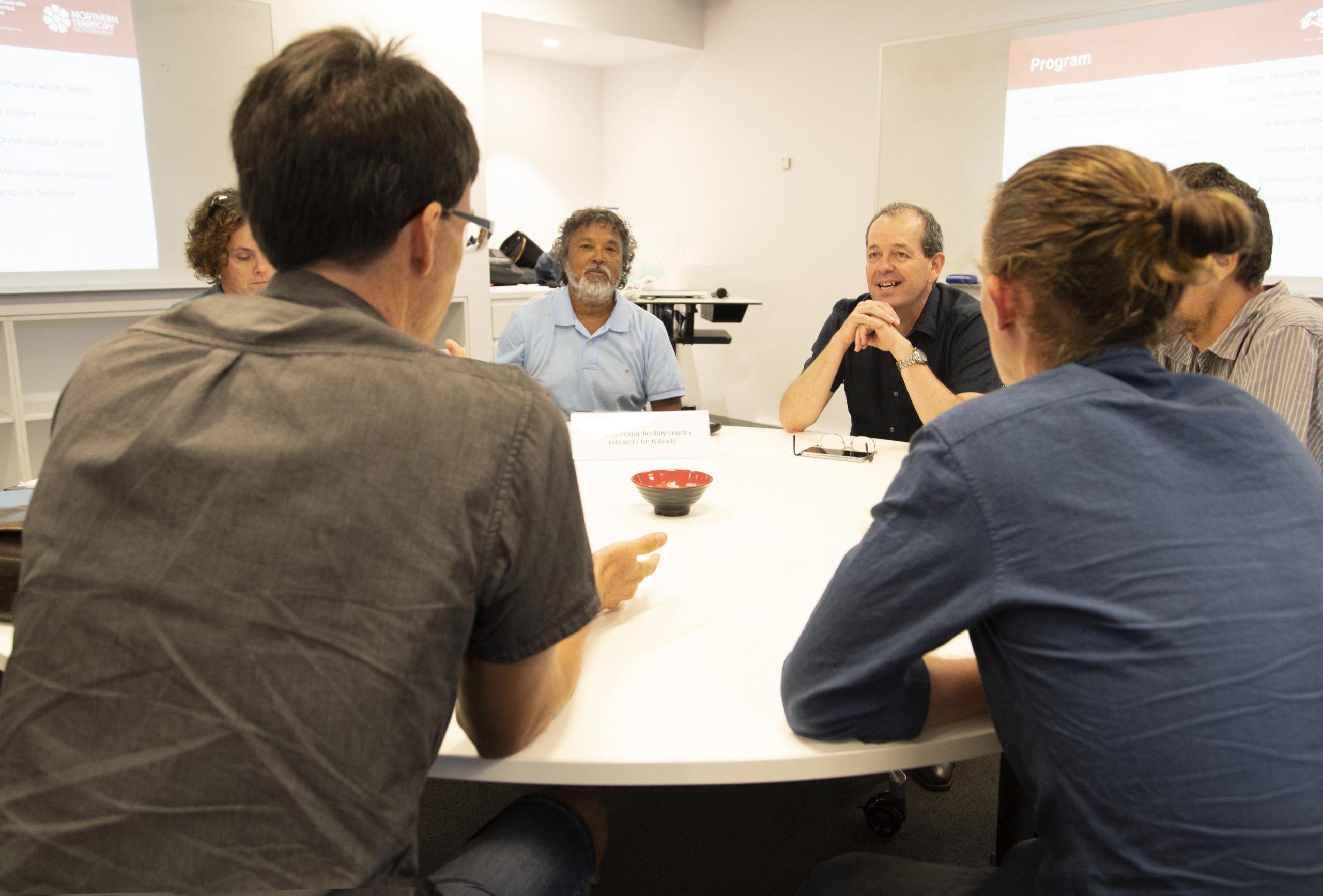13 April 2022
The Resilient Landscapes Hub will take a user-driven, solutions-focused approach to developing and implementing our research program. All projects will be co-designed with a range of research users including Department of Climate Change, Energy, the Environment and Water policy-makers, Indigenous land managers, state and territory government agencies, protected place managers, regional natural resource management organisations and Landcare groups. This plan identifies some potential research users – the full list will be further developed through the co-design process.

As part of the co-design process, projects will complete a pathway-to-impact analysis (theory of change) to clarify exactly how research will lead to application, including explicit recognition of any assumptions in the pathway. This will help ensure that our research leads to impact. Where applicable, new solutions will be applied, trialled and evaluated with research users, and methods for scaling up or transferring results from trial sites to other regions or systems will be built into projects from the outset.
With such a large program, it is important that time is invested early to build a solid foundation for the subsequent years. This first research plan is focused on supporting the scoping, planning and co-design of priority research projects. The plan is organised around 8 projects.
Project 1.1 is focused on improving how we undertake applied environmental research and developing the approach that we will implement in our hub.
Projects 1.2–1.6 cover broad themes that are central to improving the management of resilient landscapes.
Project 1.7 is focused on research to support the four cross-cutting initiatives that are a new part of this second phase of the National Environmental Science Program. This includes the threatened and migratory species and threatened ecological communities cross-cutting initiative, which is led by the Resilient Landscapes Hub, as well as our contributions to the protected place management, waste impact management and climate adaptation initiatives.
Project 1.8 is supporting conservation efforts to help reptiles that are struggling to adapt to changing environmental conditions.
Project leaders are listed after each project and each project page contains information about key researchers for that project. All of the hub’s key researchers can be found on our People page. You can find out more about the research provider organisations we’re partnering with on our Who is involved page.
You can sign up for the Resilient Landscapes Hub mailing list or get in touch with nesplandscapes@uwa.edu.au for more information.
Want to know more about the Resilient Landscapes Hub's activities and our research into practical solutions to environmental problems? Stay informed about activities, research, publications, events and more through the Hub newsletter.
"*" indicates required fields